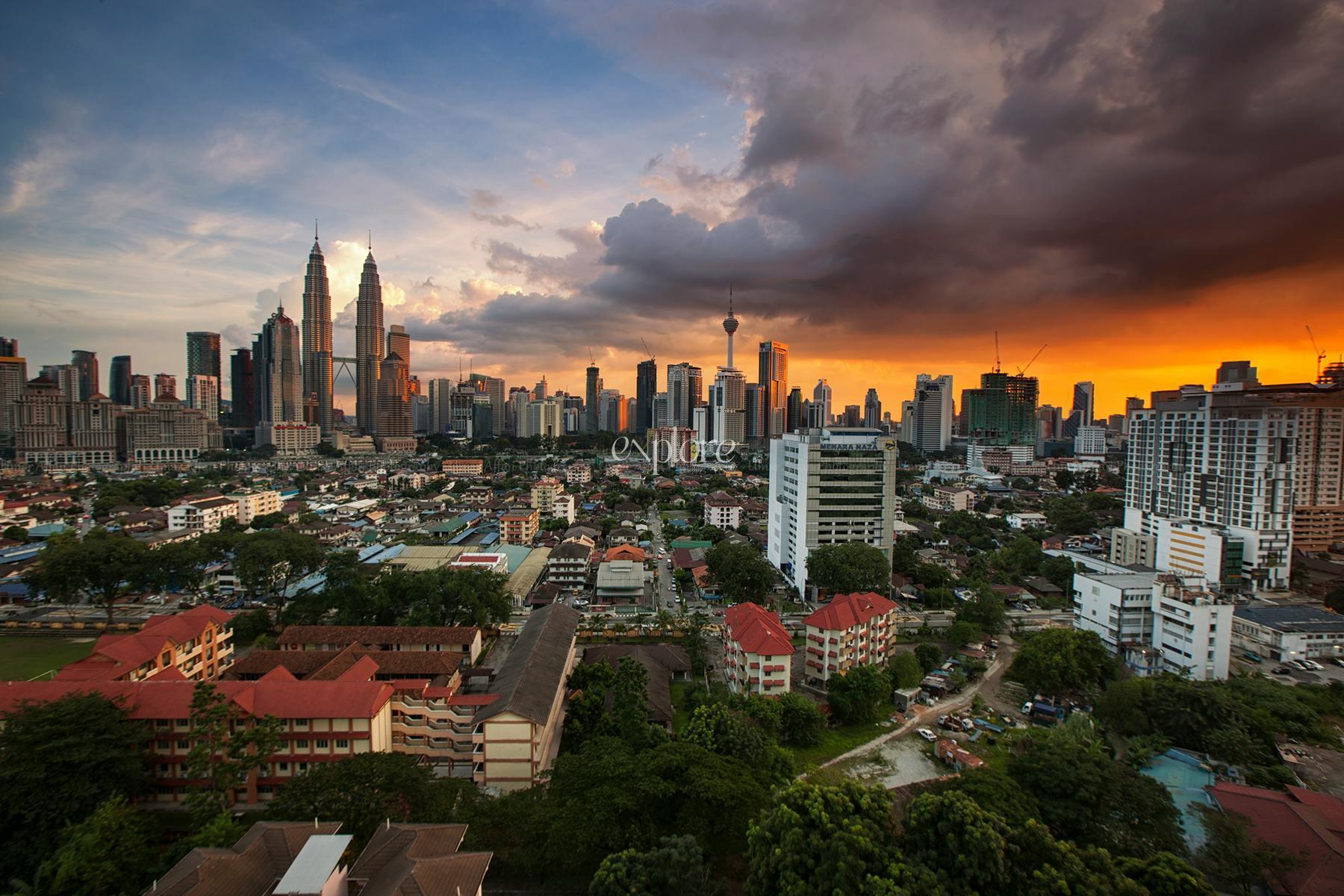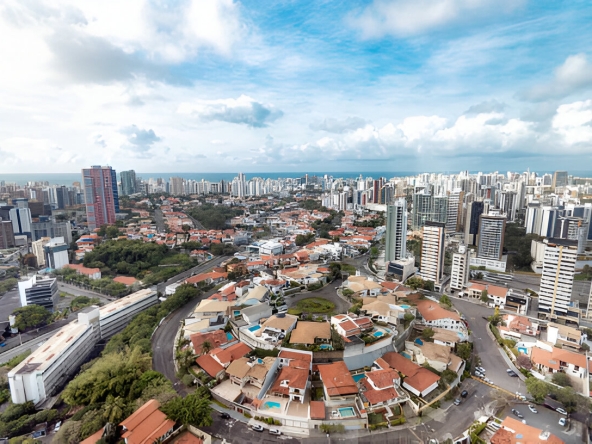Finding affordable housing in Malaysia’s urban centers can be challenging, especially in fast-growing cities like Kuala Lumpur. With rising housing costs and varying median household incomes, navigating the housing ecosystem requires a clear understanding of available financing schemes, affordable housing developments, and policies designed to assist potential buyers.
In this guide, we’ll explore the drivers of housing affordability, actionable solutions for first-time home buyers, and tips to secure good-quality affordable housing in Malaysia.
Affordable Housing Solutions in Major Cities

Housing affordability in Malaysia’s major cities often depends on factors such as median income, cost of housing, and regulatory measures. The mismatch between housing demand and supply of housing has led to an affordability gap, particularly for low-income earners and young professionals.
Government initiatives, such as the PR1MA house scheme and urban development projects, aim to close this gap by providing affordable housing options for income earners below a certain threshold. These developments cater to households by income brackets and offer housing prices that align with the housing affordability ratio.
Financing Schemes for Affordable Homes

Securing affordable homes in cities like Kuala Lumpur often requires access to effective financing schemes. Malaysian banks, including Affin Bank, Bank Negara, and CIMB Bank, provide tailored mortgage financing options to assist potential buyers.
For married couples and individuals with a steady income, Islamic financing facilities and joint financing packages from institutions like Hong Leong Islamic Bank Berhad and Public Bank can help bridge the affordability gap. Such programs support first-time home buyers while considering income growth rates and repayment periods.
Benefits of Affordable Housing Projects
Affordable housing projects in Malaysia are designed to provide accessible, high-quality residential units for diverse income classes. These projects offer numerous benefits:
- Cost-saving incentives: Reduced housing prices and tax credits for first-time home buyers.
- Basic facilities: Affordable houses often include essential amenities like playgrounds, community centers, and convenient access to public transportation.
- Inclusive urban development: Projects promote housing commensurate with median household income and target beneficiaries of rent control or subsidized housing programs.
Additionally, affordable housing measures such as community land trusts and inclusionary zoning laws further ensure residential properties remain accessible to Malaysian households.
Overcoming Barriers to Affordable Housing
Despite government initiatives, several challenges persist in the housing ecosystem. Slow income growth, unsold units, and inelasticity of housing supply contribute to the ongoing affordable housing issue in urban areas.
Private developers and city governments must collaborate to address the gap between incomes and housing requirements. Regulatory measures, such as zoning restrictions and public policies, play a critical role in reducing the housing affordability gap.
Tips for Finding Affordable Housing
To identify the best housing solutions, consider these tips:
- Understand your eligibility: Explore affordable housing schemes like PR1MA house or Rent-to-Own (RTO) programs. These initiatives are tailored for households earning within specific income brackets.
- Research financing options: Compare mortgage financing packages from Malaysia Berhad banks, such as Alliance Bank or Bank Simpanan Nasional. Look for financing costs and repayment terms suitable for your median income.
- Monitor the housing market: Stay informed on median house prices and rental rates in desired city regions to find properties within your budget.
Addressing the Affordable Housing Gap
The housing affordability gap in Malaysia stems from income differences and the rising cost of housing. Public-private partnerships between the government and property developers can enhance the provision of homes, especially for low-income earners.
Subsidized housing programs, such as those outlined in the OECD Affordable Housing Database, offer valuable insights into international practices that can be adapted to Malaysia’s needs. These include emergency rent subsidies and affordable housing indexes tailored for urban areas.
Maximizing Opportunities for First-Time Buyers
First-time home buyers can maximize opportunities by tapping into government house initiatives and collaborating with banks offering affordable loans. Programs like Islamic financing facilities or inclusionary zoning incentives cater to both low and middle-income earners.
Potential buyers should also consider previous incentives and cost housing units offered by private developers to minimize financing costs. A steady income and proper financial planning are crucial when navigating mortgage financing.
Closing Thoughts
Finding affordable housing in Malaysia’s major cities requires understanding the interplay between housing affordability indexes, public policies, and financing options. By leveraging affordable housing measures and partnering with the right institutions, potential buyers can secure homes that align with their income range and lifestyle needs.
For personalized guidance on finding your dream home in Malaysia, contact Explore Malaysia today and let us help you navigate the housing ecosystem.








